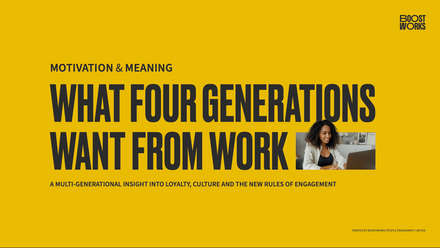How flexible working could be the top benefit for work/life balance
It’s been more than 40 years since Dolly Parton’s character complained about the stereotypical working day in the Hollywood movie Nine to Five.
Finally, the flexible working pattern and global approach to a hybrid/remote way of life is taking over, and it’s here to stay.
According to the TUC, research, four out of five (82%) of workers said that they wanted some form of flexible working.
It is not difficult to see why. Employees are starting to prioritise physical and mental health, spending more time with their loved ones, and looking to cut lengthy commute times where possible.
That’s why employers have started adopting flexible working arrangements. It’s an exercise in trust and in letting staff thrive away from the watchful office eye, which can increase productivity, reduce stress and enhance job satisfaction.
A legal right
Flexible working means doing your job without being tied down to set working hours.
Flexibility over where you work, when and for how long – agreed in advance with your employer. And all employees have the legal right to request this.
And it’s nothing to do with the Covid-19 pandemic. This right has always existed, but it has become the new norm, and opened employers and Gen Z to a new way of working.
Summer is not always so sweet
The summer holidays are here and juggling a full-time job with the kids at home is tough. Mix together the need for attention, trips to and from activities and the occasional snack and you’ve got what looks like a recipe for disaster.
According to HR News, PGL Adventures recently revealed that:
- 45% of parents have experienced burn-out trying to do it all
- 53% have admitted they can’t fully concentrate on their job
- 40% have had to miss important meetings due to holiday childcare issues
Flexibility is the solution
Flexible working has made life so much easier. Employees are now able to focus on their own health, wealth and self.
Sit down with your employer and discuss your situation. Data from Bright Horizons shows more than two-thirds (67%) of working parents in the UK now believe a flexible approach could help them progress at work, a leap of 11 points from 2022’s figure of 56%.
Zest’s Chief Operating Officer Clare Reynolds is a long-term advocate of flexible working and believes it encourages employees to focus on what’s important to them.
‘At Zest we openly encourage our people to find a working pattern that works for them. Whether you’re a parent, carer or simply want to spend more time doing the things you love, maintaining a healthy work/life balance is important.
‘Modern technology has given us all the tools to connect with each other no matter where we are in the world. We believe that flexible working is a key factor in keeping employees motivated.’
Want to know how Zest can help with your flexible benefit offering? Click here.
Supplied by REBA Associate Member, Zest
Zest is the next generation platform that’s reinventing the world of employee benefits.








